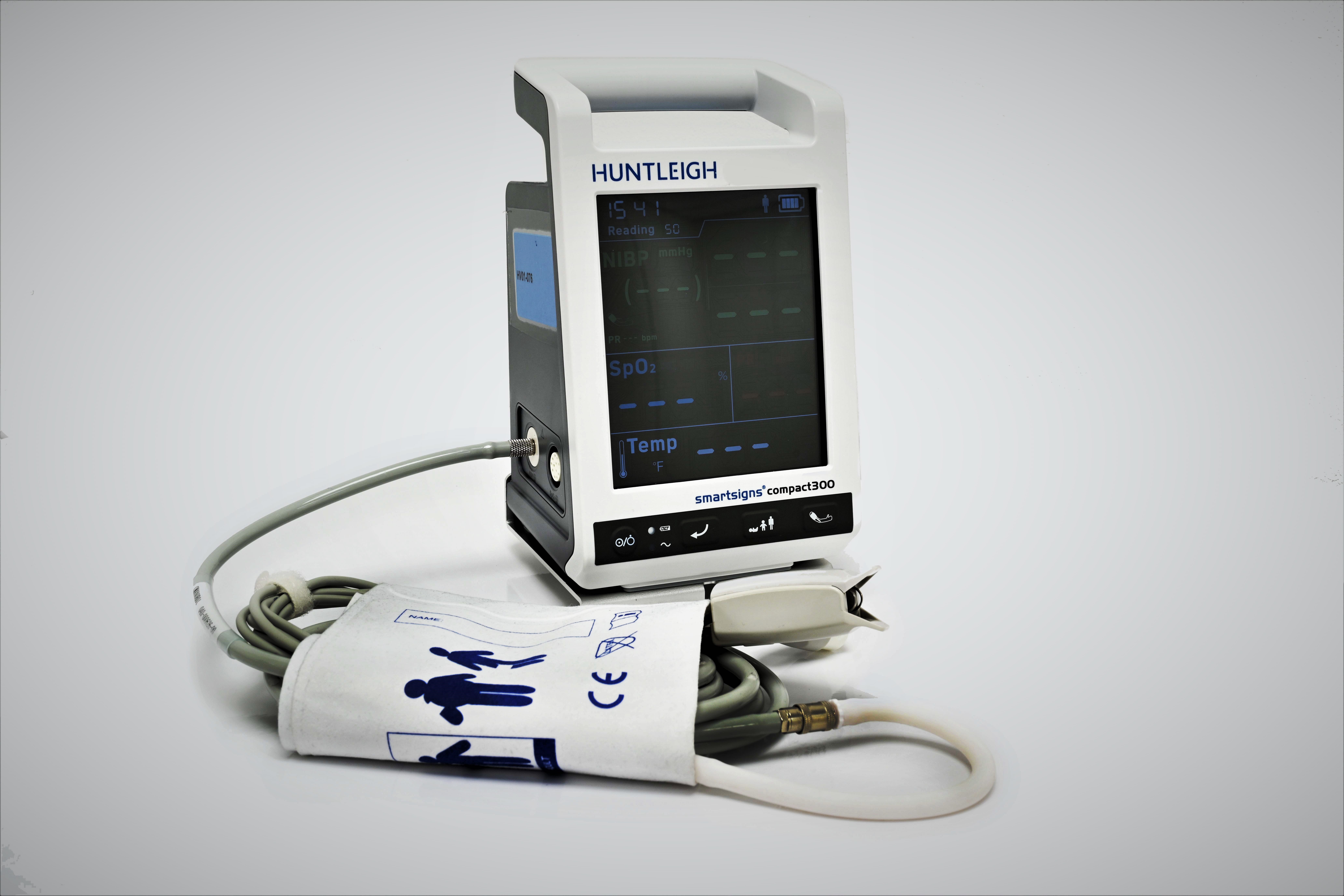
JPen Medical
05th June 2025
Monitoring Blood Pressure: Understanding the Options and Benefits of Ambulatory Blood Pressure Monitoring

Accurate blood pressure monitoring is a vital part of cardiovascular health management. With rising awareness of hypertension and related conditions, it’s essential to use devices and methods that provide precise and reliable readings. At JPen Medical, we play a key role in ensuring the effectiveness and safety of monitoring equipment - from the standard blood pressure monitor to the advanced 24-hour blood pressure monitors used in ambulatory blood pressure monitoring (ABPM).
Learn more about ambulatory blood pressure monitoring, their benefits and the importance of regular testing to maintain performance.
Monitoring blood pressure - the basics
Blood pressure monitoring involves measuring the force exerted by circulating blood on the walls of the arteries. It’s a simple yet important indicator of heart health. Readings are typically taken in a clinical setting or at home using automatic monitors. However, single measurements can sometimes be misleading due to stress, activity, or environment, leading to the need for continuous and representative monitoring methods.
What is ambulatory blood pressure monitoring?
Ambulatory blood pressure monitoring (ABPM) is a technique that records blood pressure at regular intervals over 24 hours while the patient goes about their normal activities, including during sleep. This method provides a comprehensive picture of how blood pressure behaves in daily life, outside of medical appointments. It’s particularly helpful in diagnosing white coat hypertension or masked hypertension, where blood pressure readings vary significantly between clinical and everyday settings.
What options are available for ambulatory blood pressure monitoring?
When it comes to ABPM, there are several device types available, each with specific features:
24-hour blood pressure monitors
These are the most common and consist of an arm cuff connected to a small recording device worn on the belt or shoulder.
Upper arm monitors
These are used regularly due to their reliability and consistency with clinical standards.
Wearable wrist monitors
While more compact and comfortable, their reliability can vary depending on the model and user position.
Medical device testing ensures that each of these options meets strict accuracy standards, making them safe and effective for long-term use.
What are the benefits of ambulatory blood pressure monitoring?
There are several benefits to using a 24-hour blood pressure monitor for ABPM:
• Improved diagnostic accuracy – Continuous readings can tackle anomalies and offer a clearer diagnosis.
• Better treatment decisions – Doctors can tailor medication and lifestyle advice based on how blood pressure behaves throughout the day.
• Insight into night-time blood pressure – Nocturnal hypertension is a strong predictor of cardiovascular risk. ABPM captures these critical readings.
• Patient engagement – Individuals gain a better understanding of how daily habits impact their blood pressure.
For those wondering how to sleep with a 24-hour blood pressure monitor, it's often a concern. While it may take some adjustment, most patients adapt quickly. Wearing loose clothing and sleeping on the opposite side of the cuff can help minimise discomfort.
Are wrist blood pressure monitors reliable?
The short answer is: it depends. While modern wrist monitors have improved significantly, their accuracy is more sensitive to positioning and movement compared to upper arm models. For reliable results, the wrist must be kept at heart level during measurement.
This variability highlights the importance of proper calibration and ongoing quality control, making effective medical device testing a must. At JPen Medical, we test devices under a range of conditions to ensure they meet clinical accuracy standards before reaching users. Any blood pressure monitor, especially wrist models, should be validated and tested according to international guidelines to ensure they deliver consistent and dependable readings.
Professional, reliable medical device testing with JPen Medical
Blood pressure monitoring is an important process for people across the UK, providing insights that can lead to the appropriate diagnosis and treatment of different medical issues. Ambulatory blood pressure monitoring can help fight against hypertension and other related cardiovascular conditions, saving lives.
At JPen Medical, we’re proud to contribute to the testing and calibration of medical technology that enables more accurate and patient-friendly monitoring. Whether you're providing patients with a standard blood pressure monitor to use at home, or performing 24-hour monitoring, having devices you can rely on to provide accurate readings can make all the difference to patient care.
Improve blood pressure monitoring in your practice with
medical device testing and calibration services from JPen Medical. Working with clients all over the UK, we handle over 60,000 pieces of medical equipment every year and are familiar with all problems and issues that may occur when devices fail.
Contact us today for a free medical device testing quote.